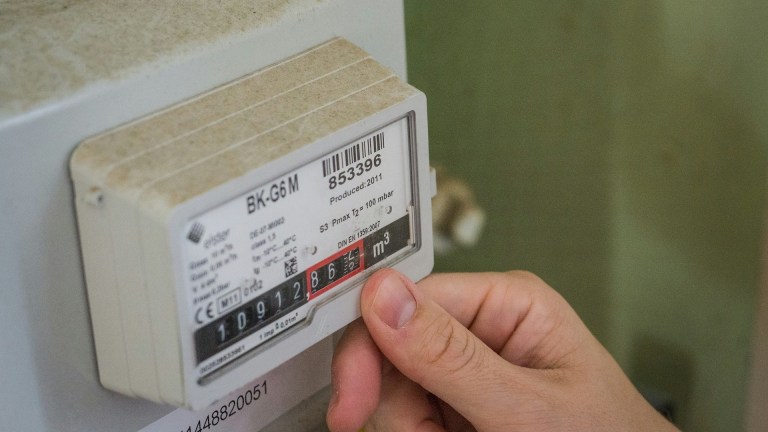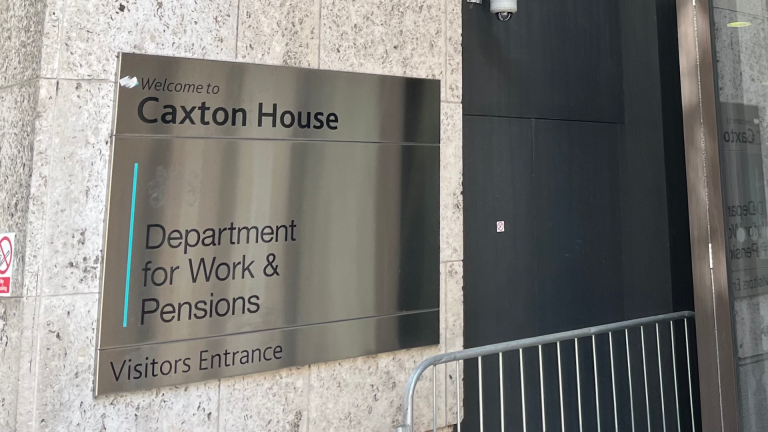“With unaffordable energy bills and far less support available nationally this winter, millions of people are already rationing their energy use to dangerous levels or getting deeper into debt trying to keep warm.”
Why are energy bills rising and will this change?
Experts say the rise in energy prices is down to a seasonal rise in wholesale energy costs, which peak in the winter, and to long-term energy security trends around the war in Ukraine.
“The real question is, why it is not expected to drop? The main reason is that after the UK and Europe cut off gas supply from Russia, as the gas production from North Sea declines, the UK gas supply relies increasingly on gas imports in the form of liquified natural gas from US, Qatar and others,” said Xiaoyi Mu, professor of energy economics at the University of Dundee.
“Although the natural gas price in US is relatively low, when you factor in the liquefaction and transportation costs, the price is unlikely to fall. In this sense, the higher prices are likely to be ‘the new normal’.”
Cornwall Insight said it expected prices to fall in April 2025 and October 2025, but wholesale prices are expected to remain high through to the end of the decade.
The new Labour government’s plans on net zero will result in household bills being £300 less than they otherwise would by 2030, say experts. But campaigners say this medium-term plan doesn’t replace the need for immediate support.
Advertising helps fund Big Issue’s mission to end poverty
“While we welcome the government’s long-term plans to boost home energy efficiency to bring down bills and to improve energy security to stabilise prices, these reforms will take time to take effect and will be cold comfort to those struggling this winter,” said Francis.
“That’s why it is so vital the ministers bring in more support for vulnerable households this winter.”
What support is available for those struggling with energy bills?
Support is available for those struggling. The warm home discount is a £150 reduction on bills, for those who receive either universal credit, housing benefit, or the guarantee credit element of pension credit.
However, the government is also imminently cutting the winter fuel payment for pensioners. It was previously available to all people born before 25 September 1957, and will now just be available for low-income pensioners.
Some energy companies have specific help. Big Issue has a comprehensive guide on what to do if you’re struggling.
Is it time for social tariffs on energy bills?
One solution often suggested for persistent energy poverty is social tariffs. Social tariffs are lower prices for certain groups in need, and are used on broadband bills. They were used on energy bills, for those over 60 or on means-tested benefits, but gradually replaced with the warm home discount.
Advertising helps fund Big Issue’s mission to end poverty
Today’s news has led to renewed calls for social tariffs on energy bills.
“Three quarters of the public back the government bringing in a social tariff to provide a discount on energy bills to those in greatest need of help. It’s time for ministers to commit to including the legislative framework for such a tariff in the forthcoming Energy Independence Bill and setting out a timeline for the social tariff being ready for next winter,” Francis told Big Issue, while National Energy Action also said they supported a social tariff to “protect low-income households permanently.”
Do you have a story to tell or opinions to share about this? Get in touch and tell us more. This Christmas, you can make a lasting change on a vendor’s life. Buy a magazine from your local vendor in the street every week. If you can’t reach them, buy a Vendor Support Kit.










